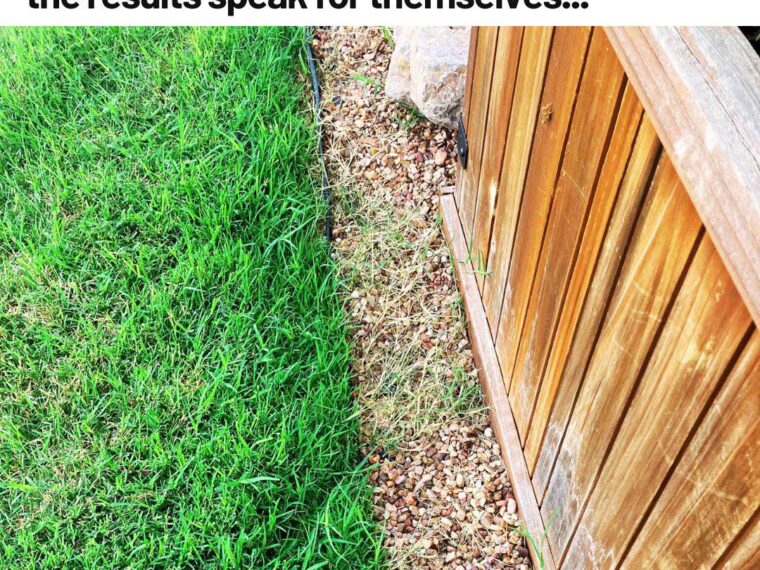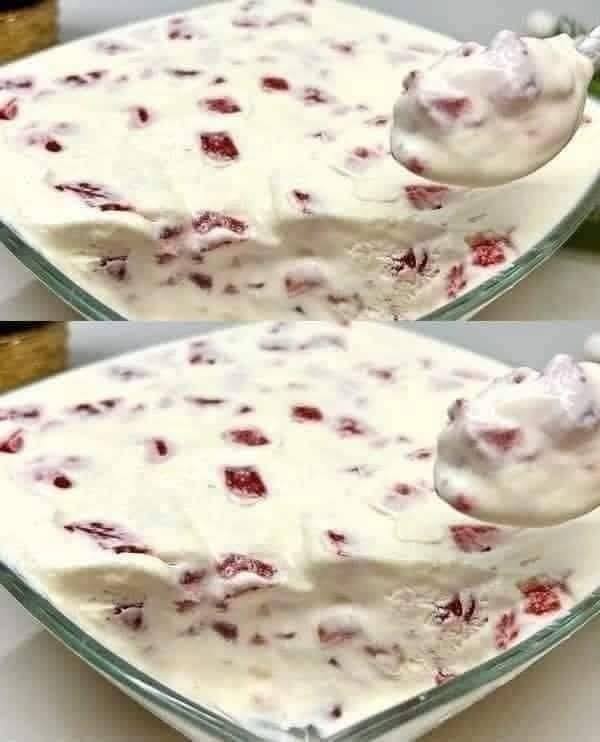Weeds can quickly take over your garden, lawn, or driveway, but chemical herbicides aren’t always the best choice.
If you want a natural, eco-friendly way to manage weeds, vinegar is a fantastic option. It’s affordable, effective, and free from harmful chemicals, making it a popular alternative for controlling unwanted plants.
In this article, we’ll explain how vinegar works as a weed killer, share the best ways to use it, and provide simple DIY vinegar weed-killer recipes.
Does Vinegar Really Kill Weeds?
Yes! Vinegar is effective against many types of weeds, especially when used correctly. Its high acidity breaks down the plant’s tissues, causing weeds to dry out and die.
Vinegar works best on annual weeds like dandelions and crabgrass but is less effective on deep-rooted perennial weeds unless applied repeatedly.
How Vinegar Works as a Herbicide
The active ingredient in vinegar is acetic acid, which pulls moisture from the leaves of plants. When sprayed on weeds, vinegar burns the foliage, killing small or young weeds within hours.
However, vinegar does not penetrate deeply into the soil, so it might not kill roots unless applied multiple times.
Best Types of Vinegar for Killing Weeds
Different vinegars vary in acetic acid concentration, which affects their weed-killing power:
- Household Vinegar (5% Acetic Acid):
Works well on small, young weeds and is generally safe to use occasionally around flowers and vegetables. - Horticultural Vinegar (20-30% Acetic Acid):
Much stronger and more effective on stubborn weeds but requires careful handling with gloves and eye protection.
DIY Vinegar Weed-Killer Recipes
Try these simple recipes on sunny, dry days for the best results:
1. Straight Vinegar Weed Killer
Next page





